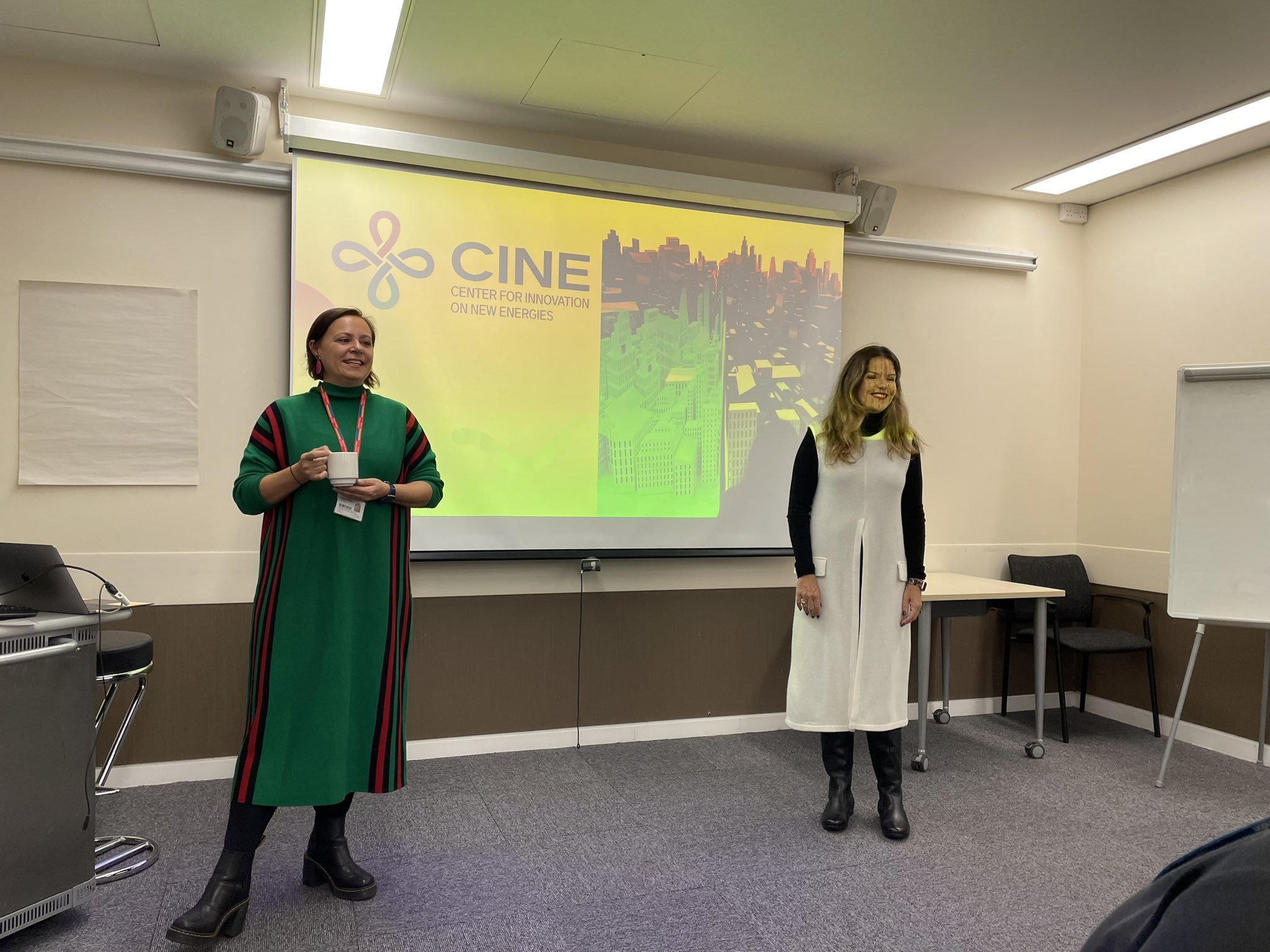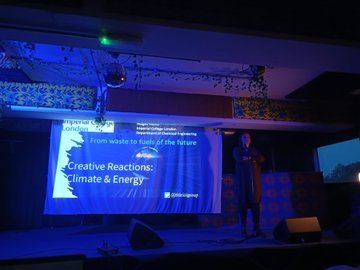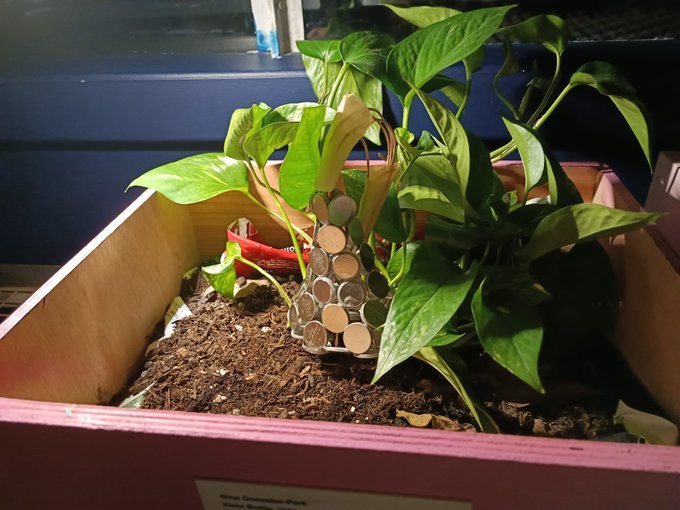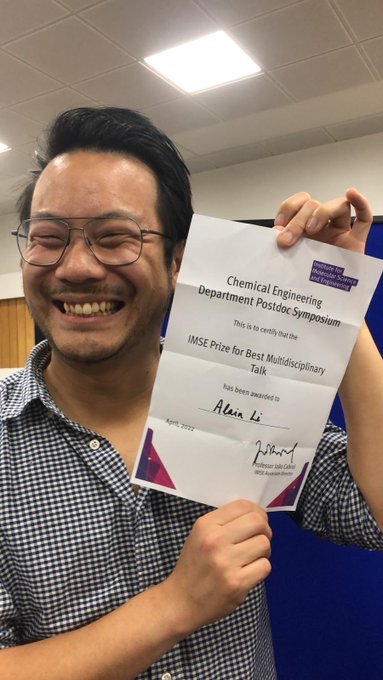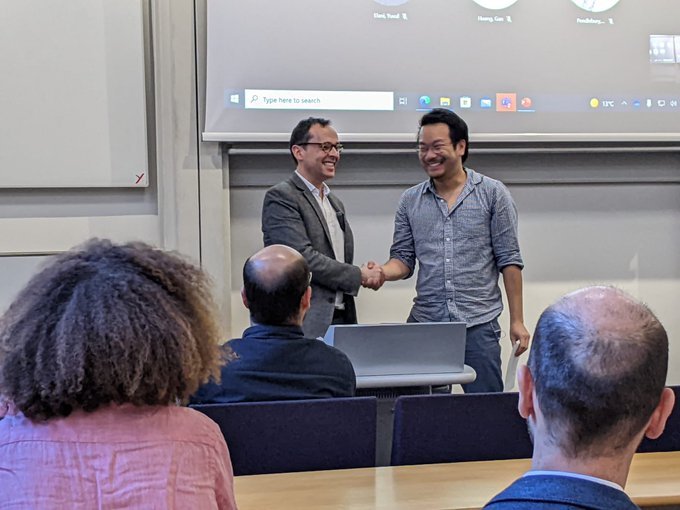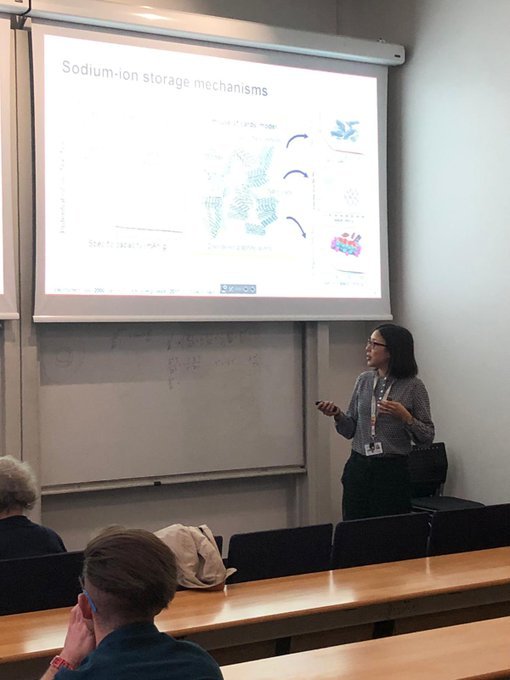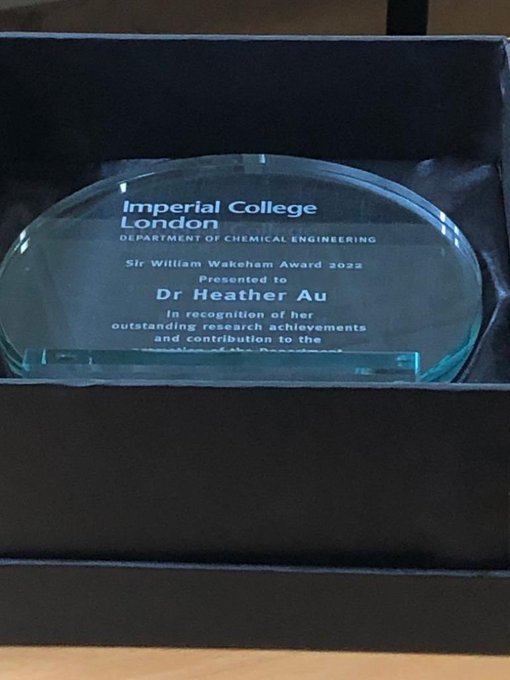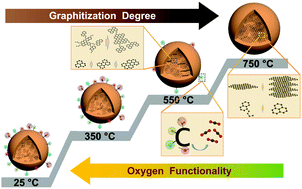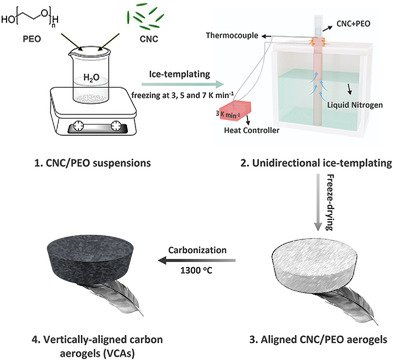£1.6 Million funding for DIGBAT project, led by Magda, has been provided by the Engineering and Physical Sciences Research Council (EPSRC). The project will combine theory-led high throughput experimentation with data science and machine learning in order to progress the discovery and development of sustainable battery technologies and electrodes for sustainable e-fuels. Read more in the Imperial news article here: £1.6 million funding to accelerate alternative fuel and batteries research | Imperial News | Imperial College London
Chair in Emerging Technologies
Watch Magda’s interview discussing sodium-ion batteries and the role of the Royal Academy of Engineering Chair in Emerging Technologies: Chair in Emerging Technologies (raeng.org.uk). The scheme uniquely offers funding and support over ten years to help with progressing emerging technologies.
Energy Storage and Conversion Workshop
Magda hosted a two day workshop along with colleagues from Imperial, welcoming Cine Energy (Center for Innovation on New Energies) from Brazil. Exciting talks were held in the South Kensington campus for two days and then more talks continued in White City for a final day on Solar Fuels.
BBC News Article on Lignin-Based Batteries
Batteries with materials from lignin covered in BBC News article regarding the future of sustainable materials for energy solutions. The Titirici group’s research received a special mention including a quote from Magda:
Separate research into lignin-derived carbon anodes, by Magda Titirici at Imperial College London in the UK and colleagues, suggests that it is possible to make conductive mats containing intricate, irregular carbon structures with lots of oxygen-rich defects. These defects appear to heighten the anode's reactivity with ions transferred from the cathode in sodium ion batteries, says Titirici, which in turn shortens charging times: "This conductive mat is fantastic for batteries."
Read the full article here:
Exciting plenary from Magda scheduled
Magda is scheduled to be a plenary speaker at Carbon2023 in Cancun, Mexico! The conference begins 16th of July and is packed with exciting speakers giving talks across a variety of carbon applications, including electrochemical processes. Find out more about the conference and programme below:
Sodium-ion Batteries Book in Press
"Sodium-Ion Batteries: Materials, Characterization, and Technology, 2 Volumes" book in press which covers the most recent research and emerging applications for all Na-ion battery enthusiasts and beyond! The book can now be pre-ordered (below) as a result of the great efforts from the editors: Magda, Philipp Adelhelm and Yong Sheng Hu as well as the many contributors from around the world.
https://www.wiley.com/en-us/search?pq=9783527347094%7Crelevance
£6.1M Grant Secured for Functional Bio-Materials
Magda secures £6.1M grant from Engineering and Physical Sciences Research Council (EPSRC) as the lead Principal Investigator. "Bio-derived and Bio-inspired Advanced Materials for Sustainable Industries" is a grant intended to assist in the development of functional material synthesis from or inspired by sustainable precursors. Thus, lowering CO2 emissions in order to help the UK reach the targeted zero emissions by 2050. This grant also brings together the best UK academics and key industrial partners which will accelerate novel pathways to manufacture advanced materials.
Bio-derived and Bio-inspired Advanced Materials for Sustainable Industries (VALUED) (ukri.org)
Titirici Group at Pint of Science
WASTE & FUELS OF THE FUTURE
How can we transition to a net-zero green economy? How do we create energy resources from waste materials? And how can these energy resources reinforce the circular economy?
Titirici group’s ambition is to recycle bio and plastic waste into advanced materials which are components of future batteries and fuel cells.
Professor Magda Titirici discussed what the sustainable solutions are for the next generation of energy storage and conversion technologies. It was exciting to see our research through the eyes of some very talented young artists and advocating for the urgency of developing and implementing sustainable technologies to save the planet.
Kavli Medal and Lecture 2022 given by Professor Magda Titirici
GREENBAT meets GREENCAT: towards delivering truly sustainable energy storage and conversion technologies
Professor Titirici’s research group and collaborators are working towards addressing this important challenge of creating sustainable materials based on widely available resources while creating a circular economy of recycling biowaste into advanced materials and implementing them in sustainable energy technologies, from new battery chemistries to important catalytic processes using renewable electricity for H2 production and use.
Watch the record here:
New Publication on Techno Economic and Lifecycle Analysis
Techno Economic and Lifecycle Analysis of Biomass Derived Anode Materials for Lithium and Sodium Ion Batteries Advanced Sustainable Systems!
This research examines the techno-economic and environmental performance of SIBs, using a “cradle-to-gate” life cycle assessment of cell manufacturing, comparing sodium-ion half cells (coin cells) with their lithium counterparts. An optimal charge capacity of 312.4 mAh g−1 for sodium-ion half-cells has been achieved using glucose-derived hard-carbons, a 45% charge capacity increase compared to lithium. Sodium half-cells are shown to be 18% cheaper compared to lithium. From the life cycle analysis, it is found that sodium-ion half-cells show the lowest environmental footprint across all impact categories compared to lithium. It can be concluded that sodium is a credible alternative to LIBs with a preference for SIBs when environmental factors are jointly considered with techno-economics.
https://onlinelibrary.wiley.com/doi/10.1002/adsu.202200047
Congratulations to Dr Alian Li for winning the IMSE multidisciplinary award!
Big congratulations to Dr Alian Li for winning the IMSE multidisciplinary award at the Chemical Engineering Department Postdoc Symposium!
Congratulations to Dr Maria Crespo on wining the Institute for Molecular Science and Engineering (IMSE) 2022 seed funding competition.
IMSE is funding a seed project by Dr Maria Crespo at the Department of Chemical Engineering and Dr Aigerim Omirkhan and Dr Ieuan Seymour at the Department of Materials to upcycle waste PET into battery anodes. Dr Crespo is using anodes made of an upcycled carbon-tin composite to develop the next-generation of fast-charging battery systems, which are based on sodium rather than lithium cells.
https://www.imperial.ac.uk/news/235296/funding-interdisciplinary-projects-solve-todays-grand/
Congratulations to Pierpaolo Modugno on passing his PhD viva!
Congratulations to Dr. Heather Au for wining the Sir William Wakeham award
Sir William Wakeham award recognises early career researchers who have made a significant contribution to their research field and have advanced their professional development.
Big congratulations to Heather Au!
Congratulations to Angus Pederson for wining the best research talk at Materials Department Postgraduate Day
Long Awaited Graduation Ceremony
Graduation ceremony is always exciting though some years of postdoc might have passed during the wait. Congratulations to Dr Herou and Dr Luo once again!
Join Mengnan to see what a typical day is like for a PhD student in the Titirici Group
Mengnan is a 3rd year PhD student in the group working on fuel cell electrode development from biomass. Join her with this video to find out some interesting energy material characterisations she did on a typical day.
New Publication on Screening Heteroatom Configurations for Reversible Sloping Capacity Promises High-Power Na-Ion Batteries
Heteroatom doping has been proved to effectively enhance the sloping capacity, nevertheless, the high sloping capacity almost encounters a conflict with the disappointing initial Coulombic efficiency (ICE). Herein, we propose a heteroatom configuration screening strategy by introducing a secondary carbonization process for the phosphate-treated carbons to remove the irreversible heteroatom configurations but with the reversible ones and free radicals remained, achieving a simultaneity between the high sloping capacity and ICE (~250 mAh g-1 and 80%). The Na storage mechanism was also studied based on this “slope-dominated” carbon to revealed the reason of the absence of the plateau. This work could inspire to distinguish and filter the irreversible heteroatom configurations and facilitate the future design of practical “slope-dominated” carbon anodes towards high-power Na-ion batteries.
Click here for the full paper: https://onlinelibrary.wiley.com/doi/10.1002/ange.202116394
New Publication on Structural Evolution of Carbon Dots During Low Temperature Pyrolysis
Structural characterisations of carbon dots during low temperature pyrolysis show changes in graphitization and oxygen functionality. These structure features are well-correlated with electronic structure and solid-state optical properties.
https://pubs.rsc.org/en/content/articlelanding/2022/nr/d1nr07015k
New Publication on Ice-Templated, Sustainable Carbon Aerogels with Hierarchically Tailored Channels for Sodium- and Potassium-Ion Batteries
A novel controllable ice-templating strategy is utilized to tailor low-cost cellulose nanocrystal/polyethylene oxide-derived, vertically aligned carbon aerogels (VCAs) as anodes of sodium- and potassium-ion batteries. The construction of hierarchically tailored channels is tuned for shortening ion-transport pathways and ensuring structural integrity. These sustainable VCAs can be easily extended to multiple energy storage systems, demonstrating their universal potential.
https://onlinelibrary.wiley.com/doi/10.1002/adfm.202110862


